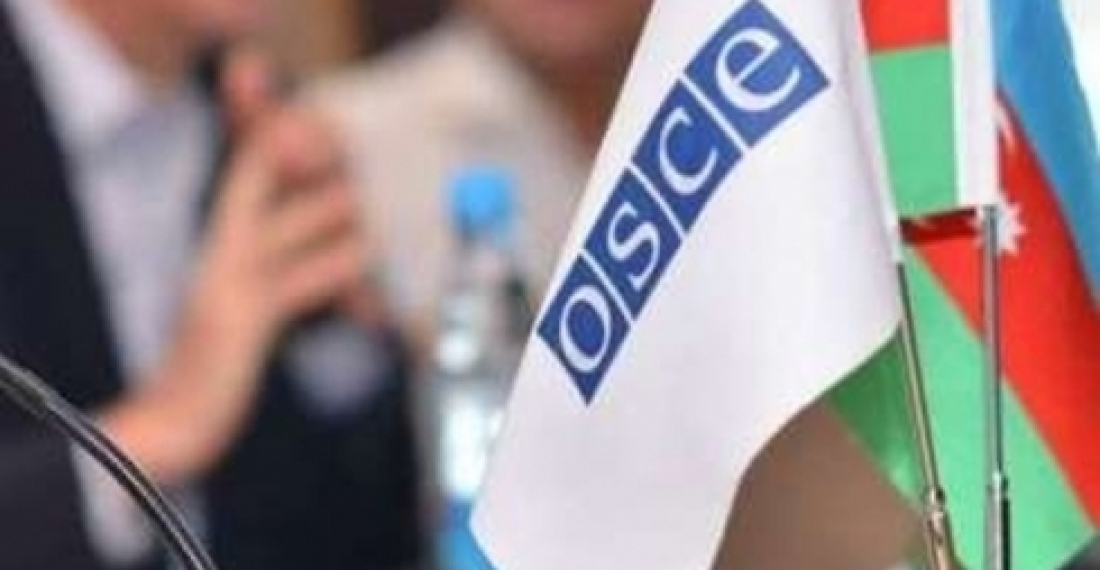Постоянный представитель Азербайджана в Организации по безопасности и сотрудничеству в Европе (ОБСЕ) заявил, что его страна поддерживает идею встреч между армянами и азербайджанцами, также и между общинами, непосредственно страдающими от нагорно-карабахского конфликта. Дипломат заявил об этом вчера на заседании Постоянного совета ОБСЕ в Вене.
Ссылаясь на заявление от того же дня сопредседателей МГ ОБСЕ по окончанию их визита на Южный Кавказ, Постоянный представитель Азербайджана назвал позитивом то, что президенты Азербайджана и Армении договорились и подтвердили свою готовность встретиться. Азербайджанский дипломат отметил также второй позитивный момент в заявлении, который он также подчеркнул, а именно то, что сопредседатели "захотели возобновления диалога между непосредственно страдающими от конфликта общинами. Мы поддерживаем усилия, способствующие обсуждению будущего этих общин в регионе, а также программы, способствующие общению азербайджанской и армянской общин Нагорного Карабаха. Считаем, что эти два вопроса дополняют друг друга и для достижения результатов мы должны активизировать усилия, чтобы реализовать встречу азербайджанской и армянской общин," добавил дипломат, как сообщает азербайджанское агентство АПА.
Вы можете ознакомиться с полным текстом заявления с сопредседателями Минского процесса ОБСЕ, опубликованном по окончанию их визита в регион 29 октября 2015 года здесь.
источник: commonspace.eu по материлам АПА.






